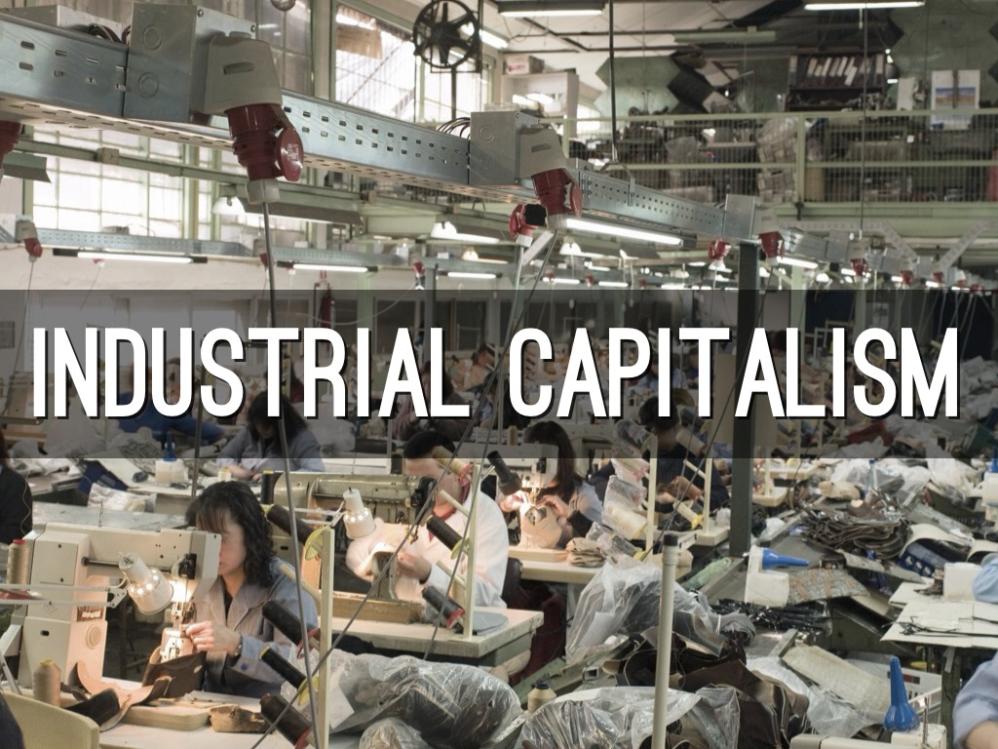How Does Big Government Capitalism Impact Economic Growth and Inequality?
Introduction

Big Government Capitalism (BGC) is a socio-economic system that combines elements of capitalism with a strong role for the government in the economy. This article explores the complex and multifaceted impact of BGC on economic growth and inequality.
The impact of Big Government Capitalism on economic growth and inequality is complex and multidimensional, influenced by various factors such as historical context, policy choices, and institutional arrangements.
I. Historical Context
Emergence of Big Government Capitalism in the 20th Century:
- BGC emerged in response to economic crises and social unrest, particularly during the Great Depression.
- Governments assumed a more active role in the economy to stabilize markets and provide social safety nets.
Examples of Countries with Big Government Capitalism:
- Nordic countries (e.g., Sweden, Denmark, Finland) have historically embraced BGC principles.
- Other countries, such as China and Singapore, have adopted BGC elements to varying degrees.

Evolution of Big Government Capitalism over Time:
- BGC has evolved in response to changing economic and social conditions.
- Globalization, technological advancements, and demographic shifts have influenced the role of government in the economy.
II. Impact on Economic Growth
Positive Effects:
- Increased Investment in Infrastructure and Education: Government spending can stimulate economic growth by improving infrastructure and human capital.
- Enhanced Social Safety Nets: Social safety nets can provide a safety net for workers and businesses during economic downturns, thus stabilizing economic growth.
- Reduced Market Failures: Government intervention can address market failures, such as externalities and information asymmetries, leading to improved economic efficiency.

Negative Effects:
- Reduced Economic Efficiency: Excessive government intervention can lead to bureaucratic inefficiencies and reduced economic flexibility.
- Higher Tax Rates: High tax rates to fund government programs can discourage investment and economic activity.
- Increased Bureaucracy: Extensive government regulations can create barriers to entry and hinder entrepreneurship.
III. Impact on Inequality
Positive Effects:
- Redistribution of Wealth through Taxation and Social Programs: Progressive taxation and social programs can reduce income inequality.
- Increased Access to Education and Healthcare: Government-funded education and healthcare can improve social mobility and reduce inequality of opportunity.
- Reduced Regional Disparities: Government policies can promote regional development and reduce disparities between urban and rural areas.
Negative Effects:
- Creation of a Welfare State Mentality: Extensive social welfare programs may foster a sense of dependency on government.
- Disincentives to Work and Invest: High taxes and generous welfare benefits may reduce incentives to work and invest.
- Increased Dependency on Government: Overreliance on government programs can weaken individual initiative and self-sufficiency.
IV. Case Studies
Country Example with Positive Outcomes:
- Economic Growth Rates: Country A has consistently achieved high economic growth rates while maintaining low levels of inequality.
- Inequality Measures: Country A has a relatively low Gini coefficient, indicating a more equal distribution of income.
- Social Indicators: Country A ranks highly in terms of social indicators such as life expectancy, education, and healthcare.
Country Example with Negative Outcomes:
- Economic Growth Rates: Country B has experienced slower economic growth compared to its peers.
- Inequality Measures: Country B has a high Gini coefficient, reflecting a significant income gap between the rich and the poor.
- Social Indicators: Country B lags behind in terms of social indicators such as life expectancy, education, and healthcare.
V. Policy Implications
Potential Reforms to Improve Economic Growth and Reduce Inequality:
- Targeted government spending on infrastructure, education, and research to stimulate economic growth.
- Reforms to tax systems to make them more progressive and reduce the burden on low- and middle-income earners.
- Streamlining regulations to reduce bureaucratic hurdles and promote entrepreneurship.
- Investing in social programs that provide a safety net for vulnerable populations without creating disincentives to work.
Challenges in Implementing Reforms:
- Political resistance from vested interests that benefit from the current system.
- Public resistance to tax increases or cuts to popular social programs.
- Balancing the need for economic growth with the need to address inequality.
Role of Government in Balancing Economic Growth and Inequality:
- Governments must strike a delicate balance between promoting economic growth and addressing inequality.
- Effective policies require a comprehensive understanding of the complex interactions between economic growth and inequality.
- Governments should continuously evaluate and adjust their policies based on evidence and changing circumstances.
VI. Conclusion
Restatement of
The impact of Big Government Capitalism on economic growth and inequality is complex and multifaceted, influenced by various factors such as historical context, policy choices, and institutional arrangements.
Summary of Key Findings:
- BGC can have both positive and negative effects on economic growth and inequality.
- The impact of BGC varies across countries and depends on the specific policies and institutional arrangements in place.
- Effective policies require a comprehensive understanding of the complex interactions between economic growth and inequality.
Call for Further Research and Policy Dialogue:
Given the complexity of the issue, further research is needed to better understand the impact of BGC on economic growth and inequality. Additionally, ongoing policy dialogue is essential to develop effective policies that promote both economic growth and social justice.
YesNo

Leave a Reply